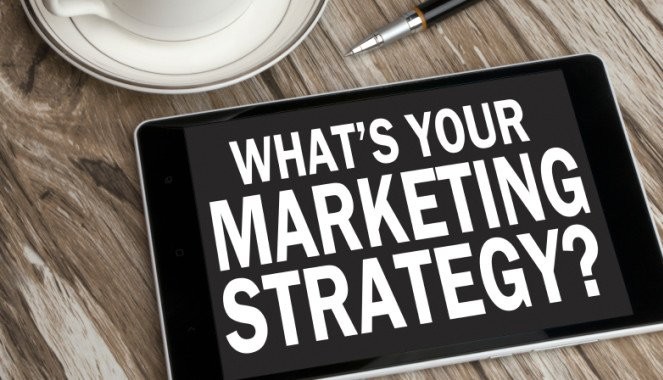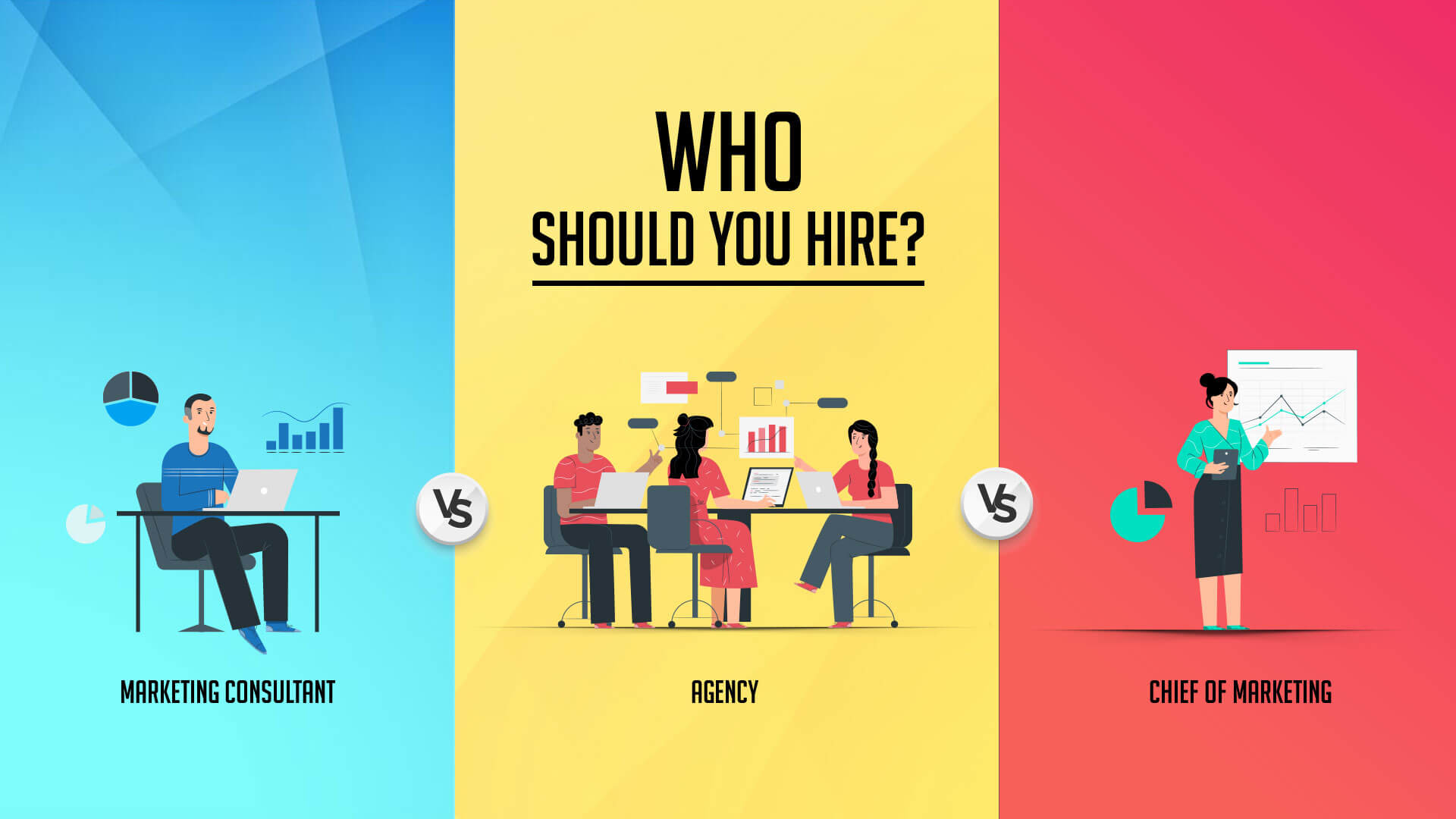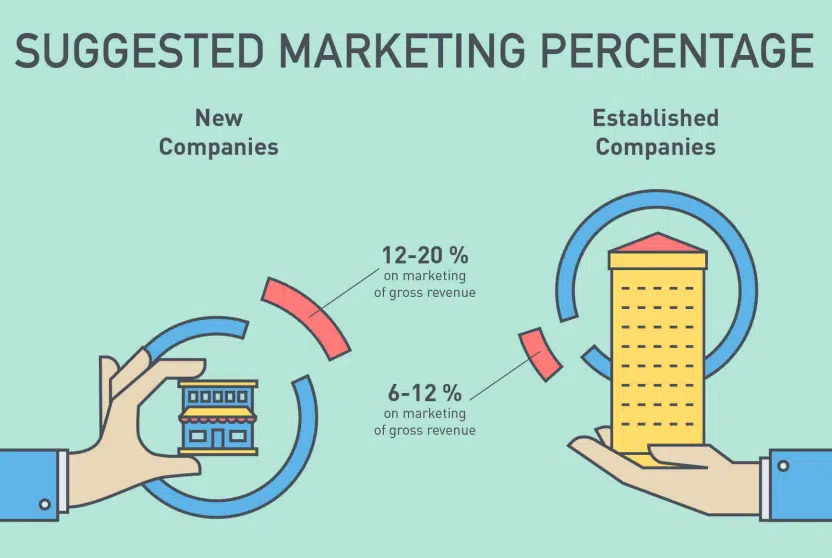As a marketing consultant I think it’s important to sit down with every potential client to understand their business in more detail and also to work out if your consulting marketing services will be a good fit for their small business. The more questions you ask, the more you will understand what makes them tick and understand where their underlying passions are rooted. After 30 minutes I can pretty much gauge if this client is suitable or not. It’s a great filtering process to understand if they have the right attitude to take their business to the next level.
Here are some of the key questions I ask in the first meeting:

1. What does success look like to you?
Is it more sales, more brand awareness, speaking at an auditorium full of hundreds of people, or building a business that allows you to travel the world? If they can’t define this then it makes it very difficult to drill down and understand what type of marketing campaigns are required. Sometimes a business owner is not ready for marketing, and I refer them to a good business or life coach to help provide them with clear direction.

2. What’s your story?
Everyone has a story to be told. When I meet someone for the first time I simply ask, “Hi; what’s your story?” rather than the prescriptive, “Hi; how are you?” The story question often throws people at first, but it often allows them to open up just a little and provide a sincere answer, and for a relationship of sharing to begin.
This question naturally leads to, “What’s the story behind your brand?” Your story goes beyond what’s written in the copy on a website, the text in a brochure or the post of Facebook. It’s about thinking beyond the function of your products and services and striving for the creation of loyalty and meaningful bonds with your customers. People love engaging with brands that are unique, different, engaging and have a greater sense of purpose. And we want to build a brand that people care about and want to buy into. If we can nail this, then it’s great from a public relations and content marketing strategy point of view.

3. What makes your business remarkable?
The reason I ask this is because customers are going to be browsing several different websites (and asking around their friend and business networks) looking for someone to solve their problems, not just theirs, so we need a way to really stand out and communicate this. Examples could include:
- Being the cheapest.
- Having awesome customer service. (But every business says this nowadays).
- An amazing guarantee.
- Being the exclusive supplier of a product in a certain area.
- Supplying the best quality product around.
- Fast or Free delivery.
- Offering unique add-on packages no one else can.
If a client knows the answer to this, then why haven’t they been able to communicate it effectively before? If your product or service is really unique then we can review it from a marketing perspective. But sometimes your business isn’t too different and we need to go back to the drawing board and focus on developing the product further.

4. Who are your competitors and what are they better at?
Many business owners can rattle off a list of competitors, but very few will actually know why they’re better. If they do know why they are better then it shows that they’ve studied the market in detail and understand what weaknesses they need to overcome in order to be better. Understanding the market also reveals weaknesses in your competitors, which you can further exploit.
![]()
5. What does your customer avatar look like?
Do you know what a really important ingredient of any marketing strategy is? It’s not your website, or growing a legion of faithful Facebook followers. These are good to have, but not essential.
It’s your customer avatar! And I’m not talking about the blue people in a James Cameron movie. Admittedly, this is a tough question, as many customers don’t know the answer. Some have a vague idea but need help refining this further.
To give you the high-level snapshot – a customer avatar is a fictional character that represents your ideal prospect. When complete, it will help you understand the motivating beliefs, fears and secret desires that influence your customer’s buying decisions. It is so much more than the statistical data trends marketers used in the old days. And maybe a business has a few different customer personas they need to develop. But they also need to understand that they evolve quickly and need to be constantly tracked in real time. (I delve into this in greater detail via my client marketing workshops as part of the initial planning process).

6. Do you have a marketing plan?
In 99% of cases most small businesses don’t have a marketing plan? Not even a one-pager or any scribbled notes demonstrating that some planning went into a campaign. Regardless of whether you’re just starting out, or have been in business for many years, it is important to have a solid plan guiding you all the way. By having set strategies in place will force you to take stock of what you’re currently doing in order to work out what’s working and what needs to be culled from your marketing program. And what business goals can be achieved without a way to track and measure your campaigns effectively? Planning helps you understand the workings of your business better, optimise the campaigns that are working, and rework the ones that aren’t.

7. Who has been doing your marketing previously?
It’s always good to have a clear understanding of the role a marketing department plays in a small business. Sometimes it’s the business owner, the sales manager or the personal assistant. Although most aren’t always qualified, and many have different views of what marketing actually is. To the sales manager it could be collateral support. To the personal assistant it could be sending out regular emails to customers. To the business owner it could be how they’re brand is perceived in the market. Marketing needs to be cohesive and better coordinated across all departments and stakeholders. A business needs to place consumer needs at the centre of everything a brand does, which means they need to develop a better and more coordinated communication approach both internally and externally.

8. Why haven’t you done anything about this before?
This question allows me to understand your thinking and problem solving processes, and if you are reactive to change or if you have planned ahead. Sometimes it can be a financial or resource issue. Perhaps there was a change in business owners or management. Maybe you’ve recognised that a new skillset is required to address the shifting consumer markets. Or it could be just that ‘ah-huh’ moment that woke you up at 3am and now you’re finally acting on it.

9. What are you hoping to achieve from hiring a marketing consultant?
Sometimes it’s getting the right external advice to come up with an effective strategy. And a good consultant will demand that you spend time building a firm foundation based on strategy before diving straight into the execution and proposing a series of marketing tactics. But all too often the “do it all yourself” world of small business becomes overwhelming. You might be able to use MailChimp, write and schedule your Facebook posts and even update your WordPress site – most of the time self-taught. But in the end you just want to outsource this to someone with more experience so it frees up time for you to concentrate on your business, or enjoy more free time. Or perhaps you just need someone to hold you accountable and keep your goals and objectives in check. I’m more than happy to crack out the whip sometimes to help focus on the task at hand. The millions of ideas are great to have, but we need to have some focus. I strongly recommend reading the 12 Week Year by Brian P. Moran, which really helps to create focus and clarity on what matters most, and a strong sense of urgency to act now.

10. What is your expected timeframe for achieving success?
This is all about setting realistic expectations. If a brand with very little recognition in the marketplace asks you to achieve a statewide or national presence in the space of a few months, or perhaps double your sales with very little spend, then it’s simply not going to happen. Well maybe if you had Hamish and Andy giving your brand a plug and a handsome budget to work with. The real work begins by starting small, focusing on a few key strategies and building from there. A good marketing consultant should help you do this.

11. What is your marketing budget?
Most marketing consultants and agencies will ask this question but I personally am not a fan. If I was small business owner and I said my budget is $10,000, then what do you know; so-and-so marketing agency has come up with a plan that is exactly that. With very little leftover. Or maybe they’ll nudge you a bit higher if they’re cheeky. Most of the time, a small business is looking for advice on what it will cost to implement a strategy, with a few options thrown in to help guide provide an understanding on what those extra bells and whistles will cost to deliver. This is why we list the prices for the services provided on the Bright Owl Website, as it provides a clear guide for the business owner and it also pre qualifies them before they contact our team of consultants.
But my main role is to clearly understand business owners needs and expectations, then tell you what you should expect to invest to achieve the goals. There will never be enough budget to implement all your ideas. The best thing I can do is help guide you on making the right decisions with the least risk, while providing a way of measuring and tweaking along the way. After all, marketing is a beast that changes constantly and you need to have a fluid marketing plan in place and make changes when required.
These questions are a good place to start for any marketing consultant seeking to understand their small business clients better. But I would love to hear any other good questions worth adding to the list?
Article Written by Craig Pethebridge, who is Marketing Consultant for Bright Owl Marketing.









